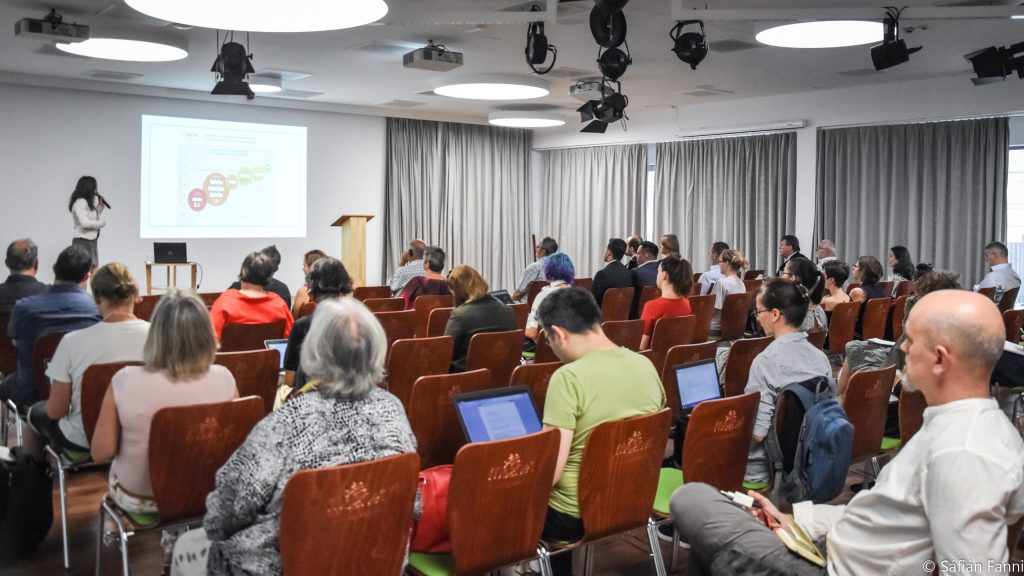
We held a conference entitled “A way out of the energy crisis: desires and opportunities”, where we discussed the opportunities offered by energy efficiency and energy savings with professional NGOs, local authorities and financial institutions. We looked at what hinders household energy investments and what encourages them. The event was organised in conjunction with the European Union Sustainable Energy Week (EUSEW) on 7 September at the MagNet Community Centre.
As Martina Méhes, CEO and Professional Director of Energiaklub, stressed in her opening speech, the current energy crisis is so severe that it could lead to school closures. Since 40% of all energy use in Hungary is related to our buildings – that’s how much we use for heating, lighting, water heating and running our electrical appliances – the main theme of the conference is the energy renovation of homes.
RenoHUb project supports the energy modernisation of the domestic building stock through research and the development of an energy advisory network (RenoPont). Fanni Sáfián of the Hungarian Energy Efficiency Institute (MEHI) presented the results of the research. It turned out that not only lack of money but also lack of information is a barrier to renovation in Hungary: households do not have enough knowledge about why it is worth renovating, but also about how to start, who to contact, what permits are needed, what technical solutions exist. The most common motivation for renovation is aesthetics, not energy savings. However, research on property values shows that renovating a property in poor condition to near-zero levels increases the market value of a property by more than 50%, while renovating an average property increases the market value by 20%. A replication of a 2016 MEHI survey in 2020 found that only 25% of those who had carried out an energy renovation had used an energy plan – not surprisingly, less than half of those surveyed had experienced a reduction in their energy bills. This is an extremely low proportion for energy renovations.
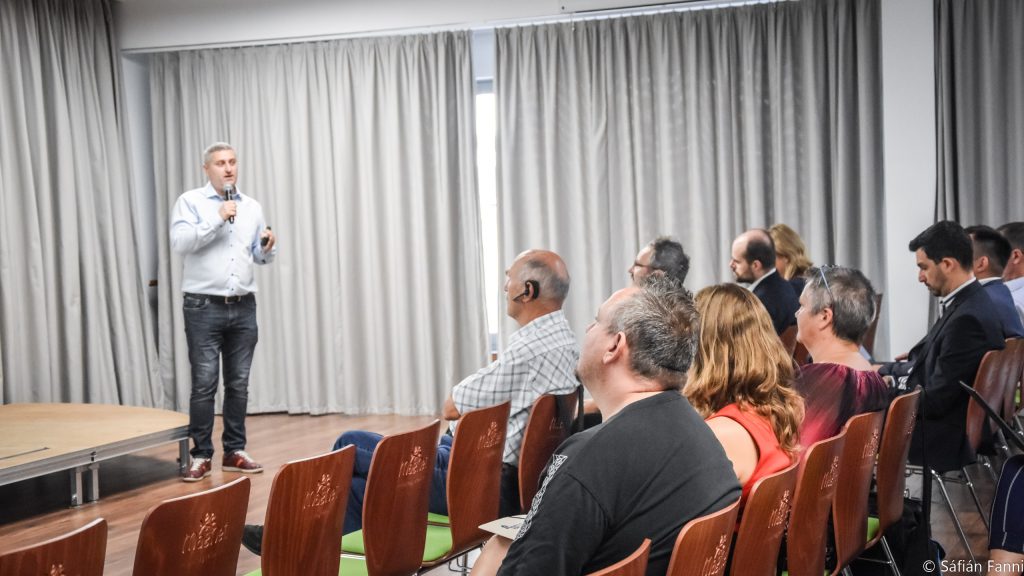
István Gulyás, president of the Hungarian Family House Owners Association, which is involved in the RenoHUb project, regularly gives advice to energy renovation planners, and he and his association also run one of the offices of the RenoPont advisory network established in the project. He started his presentation by saying that the number of their clients has increased tenfold since the restrictions on the overheads cuts. He gave several examples of the problems of the outdated Hungarian housing stock. For example, he encountered a building with a poor energy performance (40-year-old boiler, uninsulated adobe walls, cast iron radiators, bad windows) and an annual gas consumption of 5,000 m3 , and a pensioner who would split the living room of his 35 m2 apartment in two and heat only half of it.
Ilona Szécsi and Gergely Schum, experts of MEHI and Energiaklub, presented the work of RenoPont consultancy offices so far. The offices provide free services and offer a one-stop shop for technical, financial and legal advice. They explained that the RenoPont network was created partly because of the energy obsolescence of the Hungarian housing stock (the average dwelling is of category ff) and partly because of the lack of information and the need for information of those wishing to renovate. It was stressed that, as the office network does not yet cover the whole country, online advice is also available. The project is also building a database of reliable energy professionals.
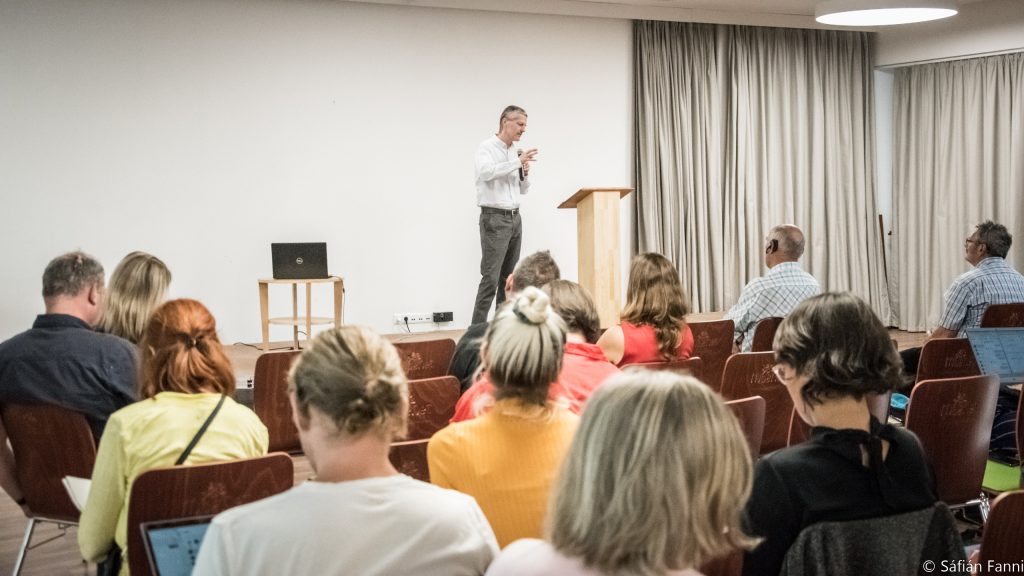
Representing the Ministry of Technology and Industry, Viktor Horváth, head of the department, presented the government’s planned energy efficiency programmes, including short-term programmes supporting home renovation and deep renovation. As a requirement of the planned deep renovation programmes, the government plans to require that renovation should result in energy savings of at least 30%. Non-reimbursable grants are planned for investments that never or very slowly pay back, and reimbursable grants for those that pay back quickly, within 1-2 years. A second phase of the solar tender is likely to be launched in November. District heating would also be significantly modernised in the coming years, with geothermal replacing part of the gas-based district heating.
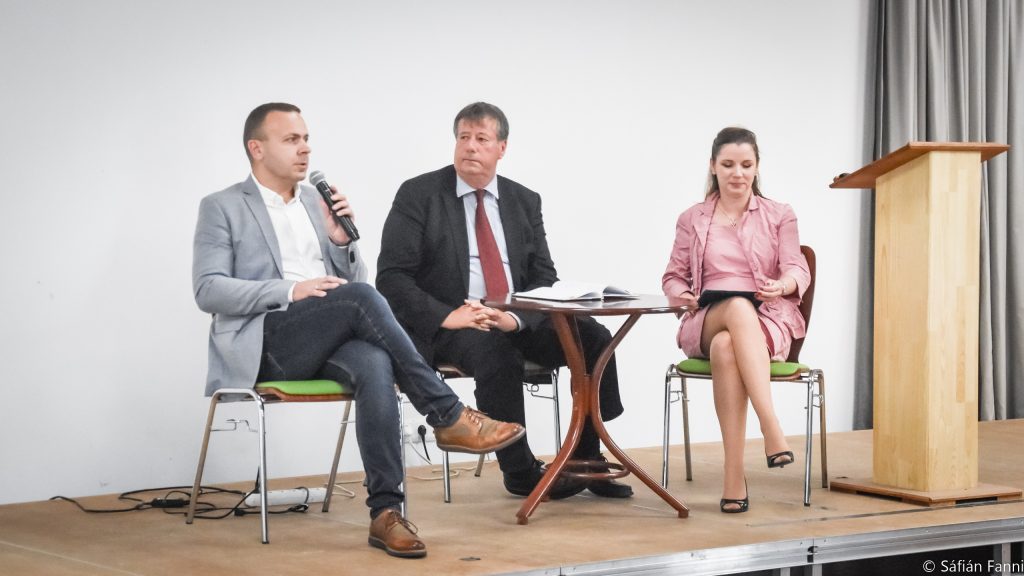
The roundtable discussion with representatives of financial institutions was chaired by Károly Oelberg, Managing Director of AACM Central Europe. Levente Suba, representing K&H Bank, and Réka Hámori, representing the Hungarian Banking Association, participated in the discussion. It was mentioned that until two years ago, the energy efficiency of financed housing was not checked when lending. However, nowadays this data is requested or estimated for mortgaged homes. This is important information for the bank, as those who live in properties with a poorer energy rating tend to have a poorer ability to repay their loan. Levente Suba also talked about the K&H Green Home Loan programme and what makes a home loan green.
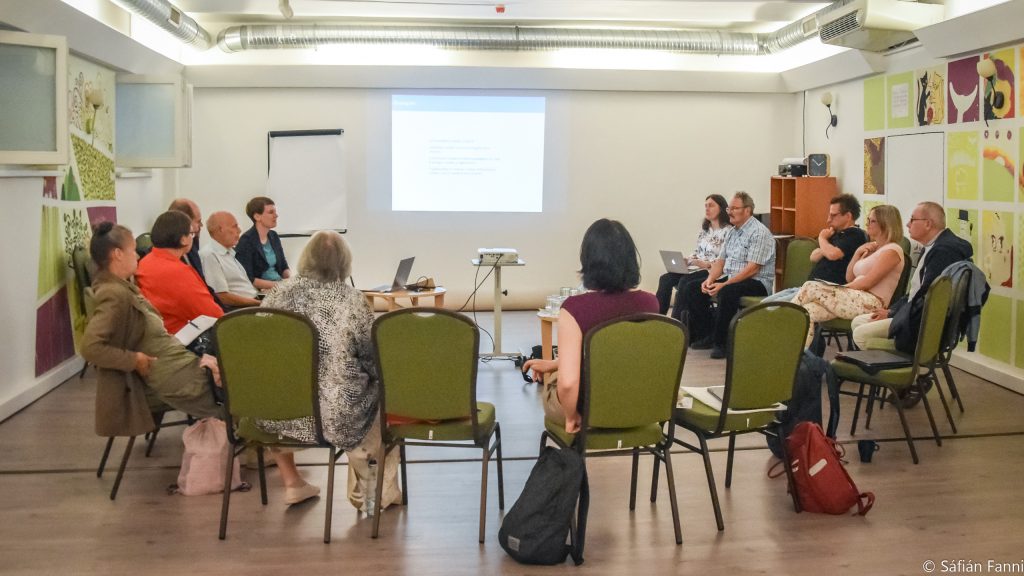
In the afternoon, participants could choose between three sessions of discussion. In the first session, the municipalities of Mórahalom, Budaörs, Hódmezővásárhely and Óbuda-Békásmegyer presented the benefits of participating in the EUCF programme, and the participants discussed how this funding opportunity could be used to tackle the energy crisis. The second session explored ways to alleviate energy poverty, while the third session heard presentations on the results of two energy tax-related research projects and provided feedback to researchers.